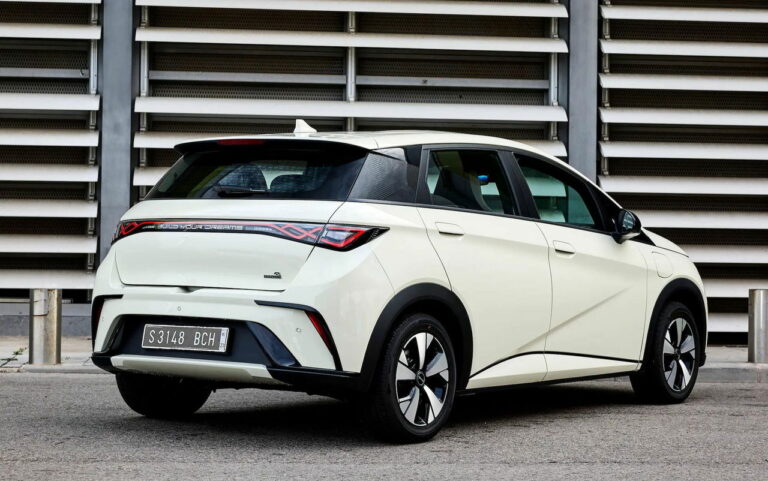Flotas de vehículos: Are compensations per kilometer returning?
In a context of increasing taxation and changes in corporate mobility policies, the question arises about the possible return of kilometric compensations (IK) in corporate vehicle fleets. This option, which was common more than two decades ago, is being raised again, especially among small and medium-sized enterprises, as they face a significant increase in corporate vehicle costs and benefits in kind (AEN). As these tax issues influence companies’ investment decisions, the feasibility of reconfiguring corporate mobility strategies to adapt to an evolving financial landscape is being evaluated.
The increasing tax pressure on corporate vehicles has led some companies to reconsider their mobility strategies. In particular, the question arises whether kilometric compensations (IK), a practice that used to be common in the past, are on the verge of making a comeback. This article explores the implications of the new taxation and its impact on corporate vehicle fleets.
A shift in the tax landscape
Companies are experiencing a considerable increase in taxes related to corporate vehicles. These include registration taxes and other charges that have led organizations, especially small and medium-sized businesses, to evaluate alternatives such as kilometric compensations. This trend is being driven, in part, by an increase in the valuation of benefits in kind that could affect the tax burden of employees who do not use electric vehicles.
Employees’ concerns
Tax uncertainty may lead employees to consider using their personal vehicles. Increasing benefit-in-kind rates can raise the income tax for those who do not use electric cars, putting pressure on companies to reevaluate their approach toward vehicle fleets. Sarah Roussel and Anne-Claire Forel, from the SesamLLD union, have pointed out that this could make the corporate vehicle lose its appeal as a tool to attract talent. However, most companies still believe that providing a corporate vehicle is essential to maintaining their competitiveness in the labor market.
The cost of mobility in companies
Companies do not only see the corporate vehicle as a benefit for employees but also as a way to control mobility costs. Among the issues they face are disparities among employees and problems related to maintenance and safety. The transition to personal vehicles could increase risks and operational complications for companies.
Decrease in vehicle orders
As companies hesitate to invest in fleets due to new tax regulations, the automotive market is observing a dramatic decline in orders. It is estimated that around 50% of cars are purchased by professionals, and 62% are acquired through long-term leasing. However, both lessors and dealers are noticing a clear decrease in market activity. Some analysts predict a stagnation in vehicle orders while others wonder if this pattern could extend over an even longer period.
New mobility alternatives
Despite the possibility of a return to IK, industry stakeholders are seeking to offer new alternatives. There are mobility packages that allow employees to access public transportation, carsharing, and other options, all within an annual budget comparable to that of a corporate vehicle. Despite the promotion of these alternatives, companies still see the corporate vehicle as a crucial tool for managing human resources.
For those seeking to better understand the automotive industry’s situation and the repercussions of taxation, this link provides accounts from those affected by issues with Stellantis engines. Additionally, there is discussion on the expansion of compensations for drivers due to problems with the Puretech engines at this link.
In light of the significant increase in taxation on corporate vehicles, some small and medium-sized enterprises are reconsidering their mobility policies. The recent increase in compensations for benefits in kind could lead to a change in the dynamics of corporate vehicle use, raising the possibility of the return of kilometric compensations. However, this option presents a series of challenges, including the need for employees to take on debt to acquire their own vehicles, which could impact their purchasing power.
On the other hand, the corporate automobile continues to be a valuable resource, not only in terms of corporate image but also to address inequalities among employees and ensure operational continuity. Despite the tax uncertainty, the trend toward personal vehicle models may not materialize in the short term, as most companies value the benefits that a function vehicle offers.




